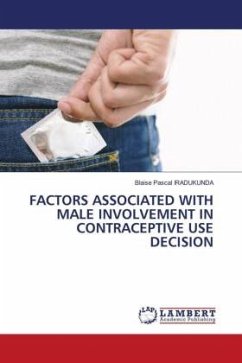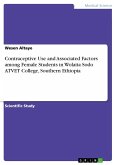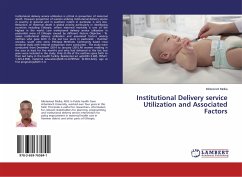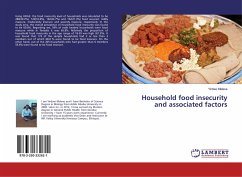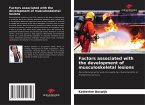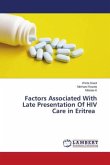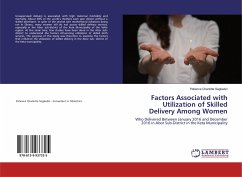This is a cross-sectional descriptive study on factors associated with male involvement in contraceptive use decision making in Bururi Province, Burundi. The study is premised on the health belief model. The study was conducted with 400 married men living in Bururi Province who were conveniently sampled. The findings indicate that there was adequate awareness of contraception and its importance. However, there was still a knowledge gap especially in the challenges that one using contraceptives may face due to myths and misconception of contraceptives methods. It was also found that married men have good attitudes and most of them are involved in contraceptive use decision-making. In addition, Cultural factors are no longer a strong barrier to contraceptive use because men no longer consider children as a mark of wealth or an old age support. But due to unfavorable social and religious climate most men believe that Childbearing is God's primary intention of marriage and no one could interfere with the process. Some of participants consider the use of contraceptives as a sin despite the benefits attributed to spacing or limiting births.

